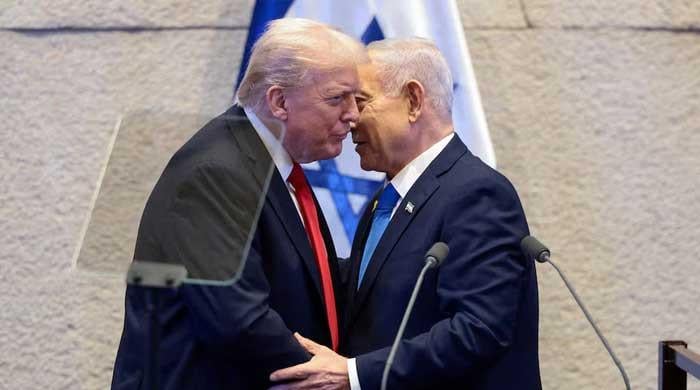
When former U.S. President Donald Trump convinced Israeli Prime Minister Benjamin Netanyahu to sign on to a new diplomatic deal, it was hailed as a potential breakthrough in the long-running Middle East crisis. After months of back-channel talks and tense exchanges, Netanyahu’s reluctant nod signaled that even Israel’s most hawkish leader saw a narrow window for de-escalation.
Behind closed doors, sources say Trump appealed to Netanyahu’s instincts — part flattery, part pressure. He framed the deal not as a concession, but as a “historic move” that could secure Netanyahu’s legacy and Israel’s global standing. For a moment, it worked. The Israeli leader agreed to limited confidence-building measures and endorsed a roadmap toward stability.
But as the ink dried, doubts resurfaced in Jerusalem. Netanyahu’s far-right coalition, already uneasy about any perceived compromise, began to push back. Cabinet hardliners warned that the deal could tie Israel’s hands militarily, while opposition figures accused the prime minister of political opportunism.
Trump, ever the negotiator, faces a new test: keeping Netanyahu in line as domestic politics in Israel grow volatile. The vague terms that once made the deal possible now threaten to unravel it, as both leaders struggle to interpret — and sell — the agreement to their respective audiences.
For now, the world watches as Trump tries to hold together a fragile alliance built on mutual convenience. Whether he can keep Netanyahu on board may determine not only the future of the deal but also the credibility of Trump’s claim to be the one who “finally made peace possible.”